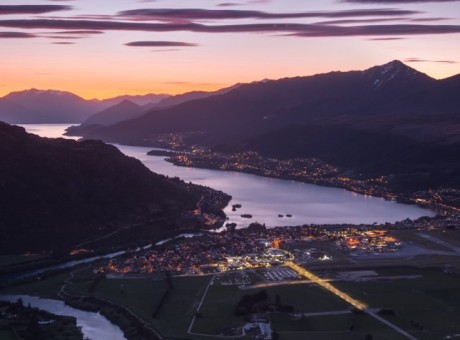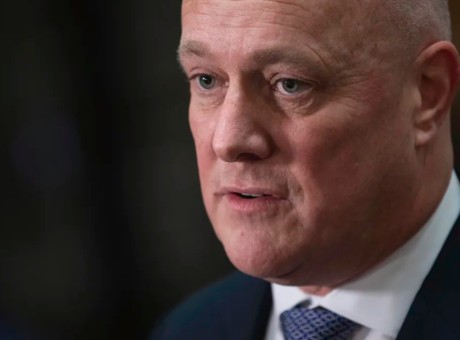"It's just lip service" - claims that Hawea and Wanaka marginalised by QLDC
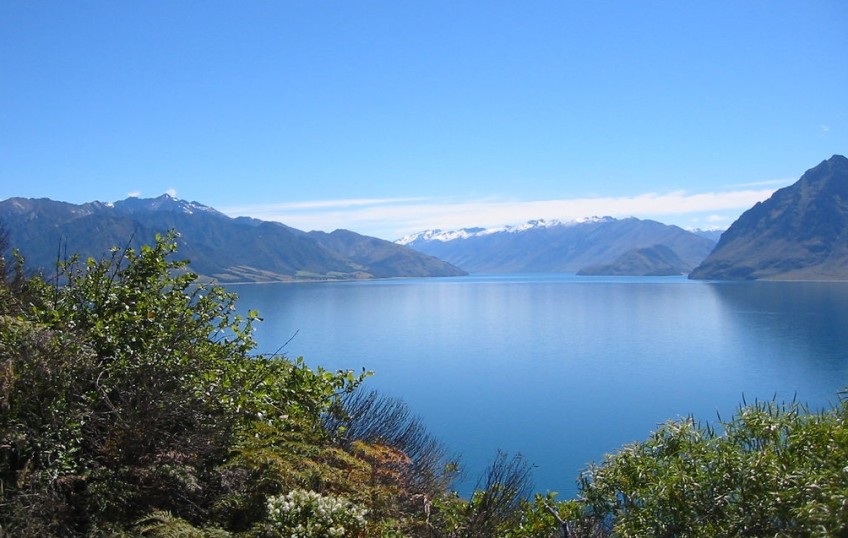
The fairness of Hawea and Wanaka’s electoral representation on Queenstown Lakes District Council is being questioned, with local represeentatives asking if the communities should even be part of QLDC as their issues seem so vastly different to Queenstown’s.
Chairwoman of the Hawea Community Association Cherilyn Walthew says despite Lake Hawea being one of the fastest-growing settlements in New Zealand according to the 2018 census, its interests are not represented by QLDC.
“How we feel is we’re being completely ignored,” Walthew says.
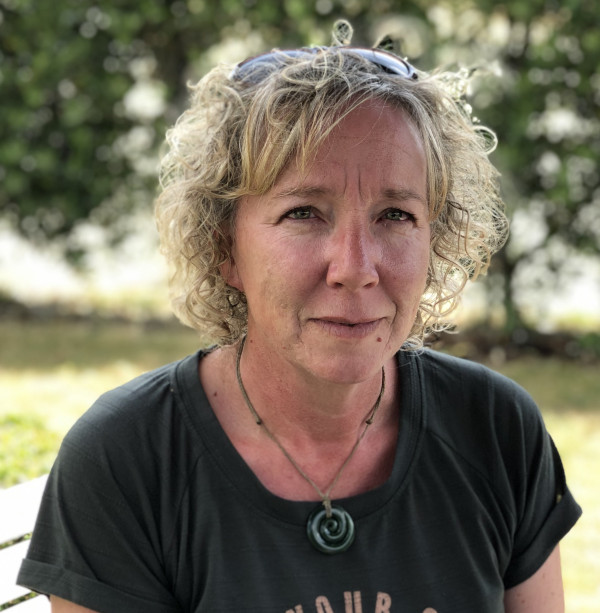
Chairwoman of the Hawea Community Association Cherilyn Walthew
She feels that Hawea and Wanaka are more aligned to Otago District Council than QLDC because of their common issues, like storm water and water pollution that affects people living on the Clutha.
“We are two completely different places with two completely different sets of resources.
“And QLDC has this policy which is one size fits all, and that might work in Wakatipu, but it does not work in Upper Clutha.”
Hawea and Wanaka were part of Vincent county before it merged in 1989 to form Otago District Council, then the settlements became part of the Queenstown Lakes district.
Walthew also accused the QLDC of failing to properly consult with the community on the LTP.
“So when we get around to the projects, it's a knee-jerk reaction and we get something that's insufficient,” she says.
She adds that the Wanaka Community Board is “largely ineffective” and doesn’t fulfill its role of debating community issues then driving that information to the council.
Wanaka has three representatives on council but Walthew hopes the upcoming by-election to replace John MacDonald will see another advocate for Upper Clutha voted in.
Wanaka councillor Quentin Smith also believes Upper Clutha’s interests are underrepresented on council, and hopes a review of electoral representation currently being undertaken will see a fourth Wanaka seat on council.
It also might see the removal of community boards, he says.
Wanaka is expected to grow at a rate of 68% over the next ten years, and Smith says areas like transport and public facilities are underfunded.
“The scale of investment needs to correlate to the scale of the challenges and growth we experience as well as reflect the priorities of our community,” Smith says.
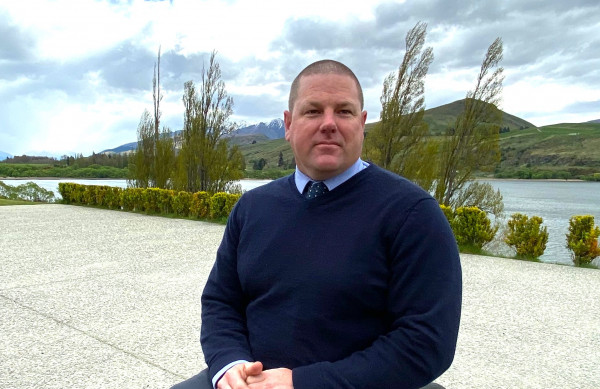
Wanaka councillor Quentin Smith
“Sixty eight percent more people can’t get by on the same infrastructure and facilities as today and waiting ten years to start to address those demands is setting us up for failure.”
Walthew says mayor Jim Boult doesn’t make an effort to engage with the people of Upper Clutha, pointing to the council’s unwillingness to schedule a Hawea community meeting with the mayor outside of 9am-5pm, instead offering a 12pm slot.
“It’s very difficult for us to make people commit to giving up wages to go and attend a meeting with the mayor for an hour in the middle of the day,” she says.
“It’s just lip service and it's just outrageous.
“It doesn't matter how they change the system as such, if you've got a mayor like that in charge, you're not going to get anywhere.”
Smith's take is more diplomatic.
“The mayor is elected by the district as a whole and unfortunately the balance of power sits with Wakatipu voters to choose someone who represents their needs,” he says.





